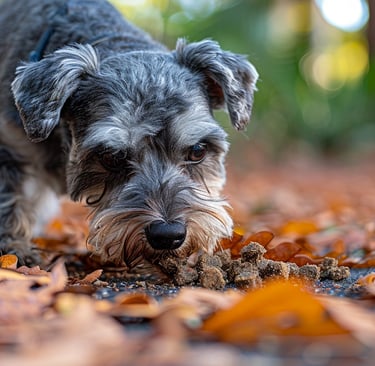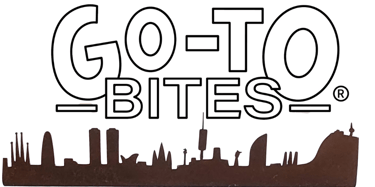Why Do Dogs Eat Poop?
Reasons why your dog eat poop and what to be concern about
Nacho the Vet and Pets Lover
7/26/20242 min read


Why Do Dogs Eat Poop?
Introduction
Many dog owners are perplexed and concerned when they catch their furry friend indulging in coprophagia, or the act of eating poop. While this behavior might seem repulsive to humans, it's relatively common in the canine world. Understanding the reasons behind this behavior can help pet owners address the issue effectively.
Normal Behavior in Dogs
In the wild, dogs and their ancestors often resorted to eating feces as a survival mechanism. This instinctual behavior helped keep their living spaces clean and reduced the presence of parasites. For mother dogs, eating the feces of their puppies is a natural way to keep the den clean and protect the young from predators.
Health Reasons for Eating Poop
Nutritional Deficiencies: Sometimes, dogs eat poop because their diet lacks essential nutrients. A deficiency in vitamins, minerals, or other nutrients can lead a dog to seek out these elements in feces.
Malabsorption Syndromes: Conditions like exocrine pancreatic insufficiency (EPI) can prevent a dog from absorbing nutrients properly, leading them to eat poop to get more nutrients.
Parasites: Intestinal parasites can rob a dog of vital nutrients, prompting them to consume feces in an attempt to replenish their nutrient intake.
Behavioral Reasons
Boredom: Dogs that are left alone for long periods or do not receive enough mental and physical stimulation might eat poop out of boredom.
Attention-Seeking: If a dog learns that eating poop gets a strong reaction from their owner, they might continue the behavior to receive attention, even if it is negative.
Anxiety and Stress: Dogs under stress or those experiencing separation anxiety might resort to coprophagia as a coping mechanism.
How to Prevent Your Dog from Eating Poop
Dietary Adjustments: Ensure your dog’s diet is balanced and complete with all necessary nutrients. Consult your vet to check for deficiencies.
Regular Vet Check-ups: Regular health checks can help identify and treat underlying health issues like parasites or digestive problems.
Proper Exercise and Mental Stimulation: Engage your dog with regular exercise and mental challenges to keep them occupied and reduce boredom.
Clean Environment: Keep your yard and living spaces clean by promptly picking up feces to remove the temptation.
Training and Commands: Teach your dog the "leave it" command and reinforce positive behaviors with treats and praise.
Consequences and Risks
Eating poop can expose dogs to harmful bacteria, parasites, and diseases. It can also lead to bad breath and potential nutritional imbalances if the behavior is persistent.
Conclusion
While coprophagia is a common behavior among dogs, it can be managed and reduced with proper care, training, and veterinary attention. Understanding the underlying causes can help pet owners address the issue effectively and ensure their furry friends remain healthy and happy.
Go-To Bites ®
Empowering Pet Owners
© 2024. Go-To Bites ® All rights reserved. (KGD Pte.Ltd.)
Nutri Calculator , Quiz and GPTs
